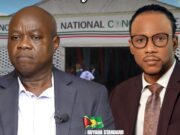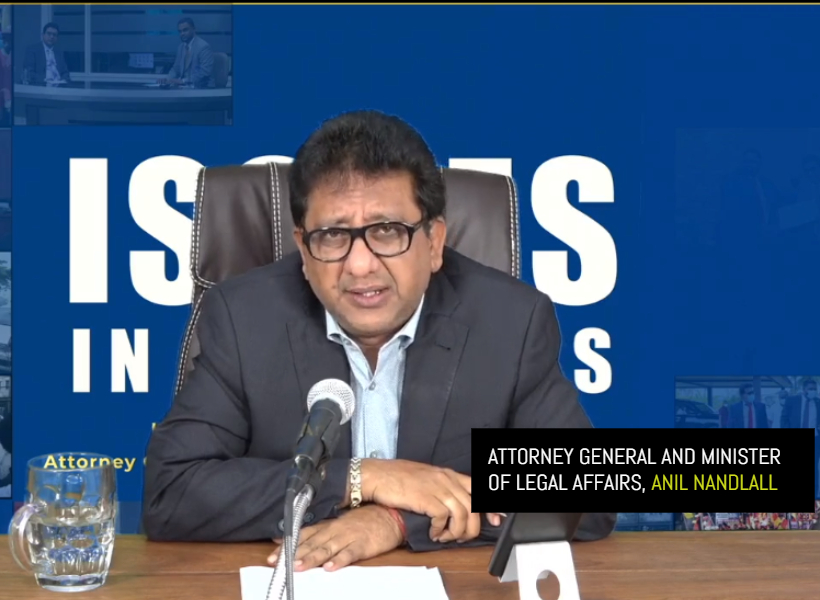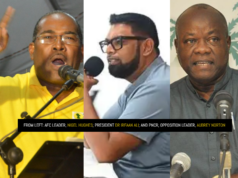The ongoing consultations in Georgetown are geared at achieving statutory, not constitutional changes to electoral laws, the Attorney General (AG) and Minister of Legal Affairs, Anil Nandlall has once again clarified.
The AG opted to proffer this clarification following mounting criticisms that the government is cherry-picking which laws to change while pussyfooting on the matter of Constitutional Reform.
Nandlall, in his recent “Issues in the News” programme, said the consultations at the Arthur Chung Conference Centre have nothing to do with restructuring electoral provisions enshrined in the Guyana Constitution. He explained that the changes being sought are to be made specifically to the Representation of the People Act (ROPA) and the National Registration Act.
He added that matters relevant to constitutional change will be addressed in the government’s second phase of electoral overhaul which hinges on the passage of the already tabled Constitutional Reform Bill. Once passed, the law will birth the Constitutional Reform Commission (CRC), which will be “broad-based” and will comprise 50 per cent of political parties in the National Assembly and the other half drawn from civil society.
“All those organisations who are making all sorts of noise and are criticising the statutory reform process, must understand that they have to await the Constitutional Reform process to have constitutional issues addressed. And we have made that clear on numerous occasions, but these guys keep repeating the same thing,” he said.
He added, “The type of political system or electoral system that the country has is a matter for the constitution. No statutory reform can change that. The way GECOM is composed and the functional responsibilities of GECOM are matters for the Constitution. Qualifications to vote and qualifications for registration on the National Register are matters for the Constitution. The way seats are calculated in proportion to votes cast, is a matter for the Constitution.”
Nandlall made it clear that no political party can change the aforementioned constitutional provisions without first acquiring a minimum of a two-thirds majority in the National Assembly. Furthermore, he noted that constitutional reform will take an extremely long period of time to achieve, whereas, the statutory alterations being sought now can be implemented “with every convenient speed”.













